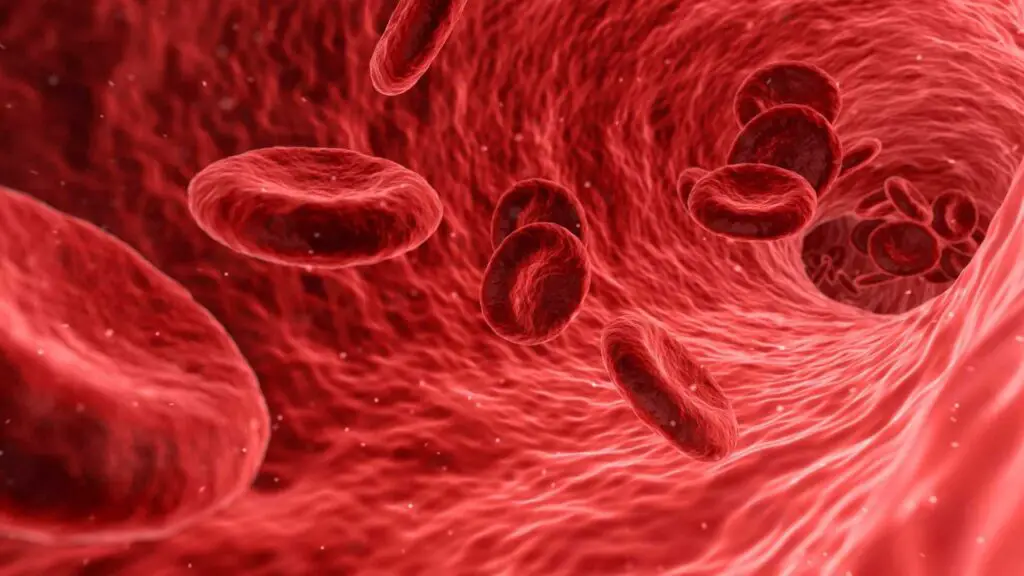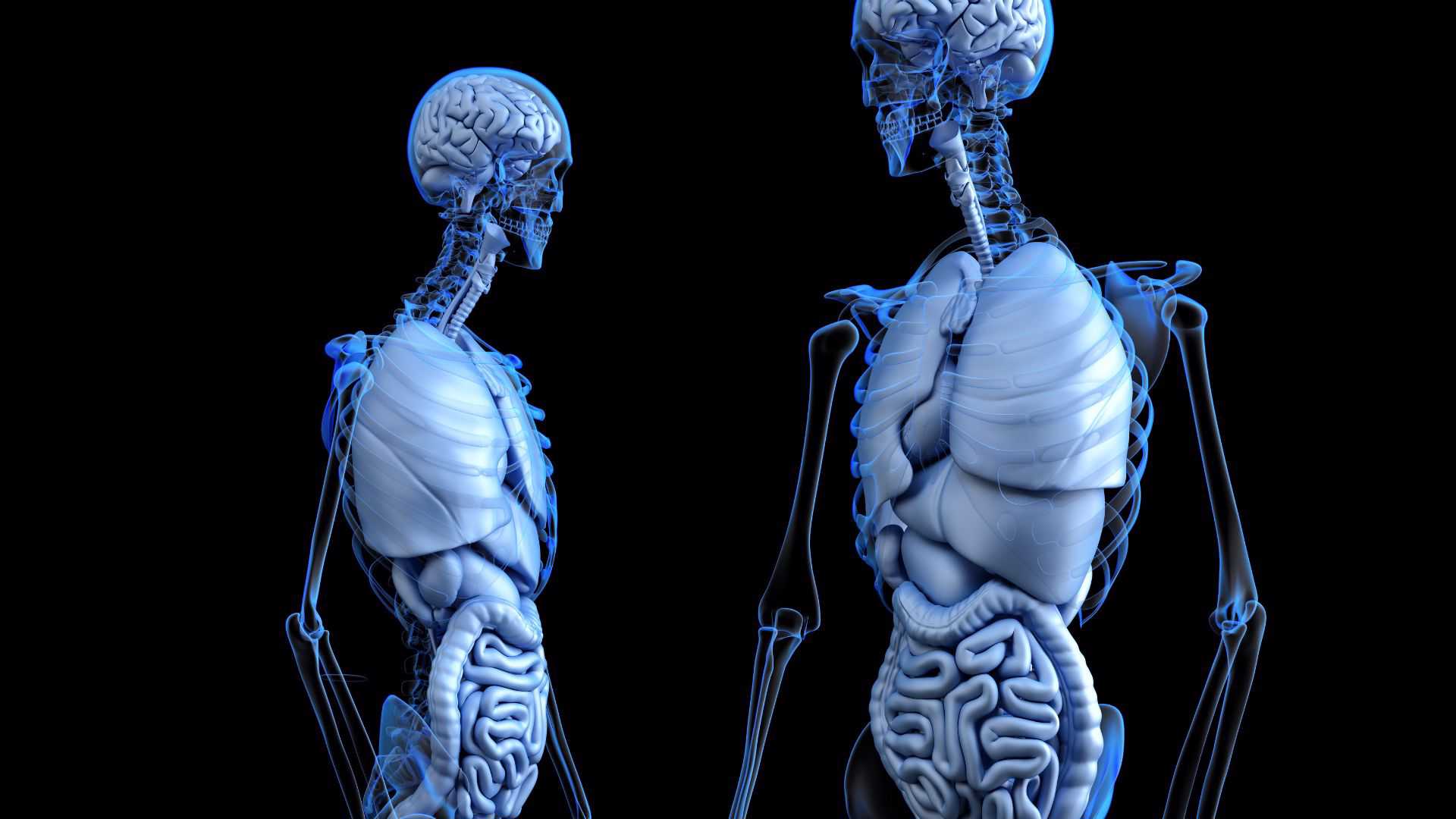Effects of Ramadan fasting on the Body: Ramadan fasting is a religious practice observed by Muslims worldwide. It involves abstaining from food and drink from dawn to dusk during the month of Ramadan. The duration of the fast varies from 10 to 18 hours, depending on the geographical location and time of the year. Ramadan fasting can have several effects on the body, which can be beneficial or detrimental, depending on how the fast is practiced. We will discuss the changes and Effects of Ramadan fasting on the Body in this article.
Effects of Ramadan fasting on the Body
Here are the changes that happen in the body during the cycle of Ramadan, step by step:
1) In the first few days of Ramadan, the body adapts to the new eating schedule, which can lead to hunger, thirst, and fatigue during the day. This is because the body is used to receiving food and fluids throughout the day, and the sudden change in routine can cause discomfort. However, over time, the body adjusts to the new schedule, and hunger and thirst decrease. Both the blood pressure and blood sugar levels drops.

2) During the fasting period, the body undergoes several changes to conserve energy and maintain vital functions. The body’s metabolism slows down, and the digestive system rests, allowing the body to use stored energy reserves for fuel. This can lead to weight loss and decreased insulin resistance, which can be beneficial for people with type 2 diabetes. Additionally, the body starts repairing function, cleansing the body cells and healing them.
3) As the fasting period continues, the body starts to break down fat stores for energy. This process, called ketosis, can cause an increase in ketones in the blood. Ketones are a type of molecule that the body produces when it burns fat for energy. High levels of ketones can have both positive and negative effects on the body. On the positive side, ketones can help suppress appetite and increase mental clarity. On the negative side, high levels of ketones can cause nausea, headaches, and fatigue.
4) Prolonged fasting can also have a significant impact on the body’s immune system. Studies have shown that fasting can increase the production of white blood cells, which can help fight infections and diseases. Additionally, fasting can reduce inflammation in the body, which is a risk factor for several chronic diseases, such as heart disease, diabetes, and cancer.

5) However, Ramadan fasting can also have some negative effects on the body, especially if it is not practiced correctly. Dehydration is a common concern during Ramadan fasting, as the body is not getting enough fluids during the day. This can lead to headaches, dizziness, and fatigue. To avoid dehydration, it is essential to drink plenty of fluids during non-fasting hours and eat foods that are high in water content.
6) Another potential concern during Ramadan fasting is malnutrition, especially if the fast is not broken with nutritious foods. People who fast may be tempted to eat high-calorie, low-nutrient foods, such as fried and processed foods, during non-fasting hours. This can lead to weight gain and an increased risk of chronic diseases.
Conclusion:
In conclusion, the Effects of Ramadan fasting on the Body varies according to the fasting done. Ramadan fasting can have several effects on the body, both positive and negative. When practiced correctly, it can promote weight loss, improve insulin resistance, boost the immune system, and reduce inflammation. However, it is essential to drink enough fluids, eat nutritious foods, and listen to your body’s needs during the fast to avoid dehydration, malnutrition, and other potential health risks.
To improve the Effects of Ramadan fasting on the Body, you can do these things:
1) Avoid Processed food: This month, do your best to stay away from processed and fried foods. We must make the food we eat really matter because we only have a short window of time to eat and drink.
2) Avoid Caffeine: Avoid things that contain caffeine as they will dehydrate your body and make you feel extremely thirsty during the fasting hours. Instead, stay hydrated by drinking lots of water.
3) Take enough sleep: We all know that Ramadan is a very busy month, therefore most of us tend to sleep fewer hours in order to fit in more good actions, which is wonderful. However, make sure you’re getting at least 6 hours of sleep per day. If you don’t obtain the recommended amount of sleep, you risk being extremely sluggish throughout salah and Quran reading times.
4) Avoid Oversleeping: Please bear in mind that getting too much sleep will just make you lethargic and less effective. Therefore, maintaining balance is essential!
These were the Effects of Ramadan fasting on the Body. Read more Islamic Blogs or Follow us on social media for daily Islamic reminders.






